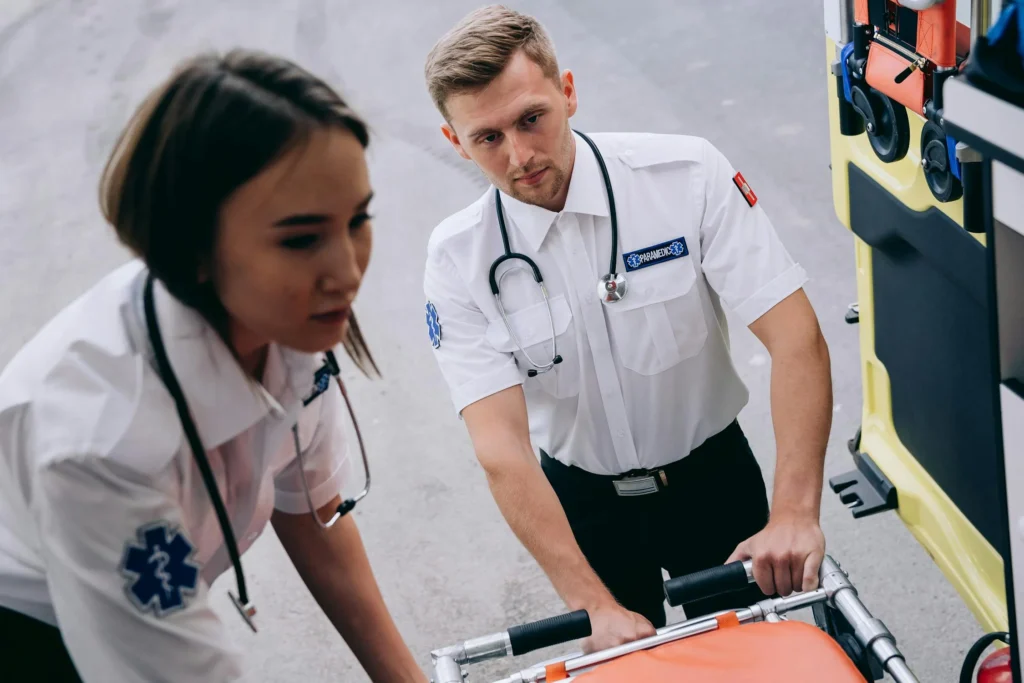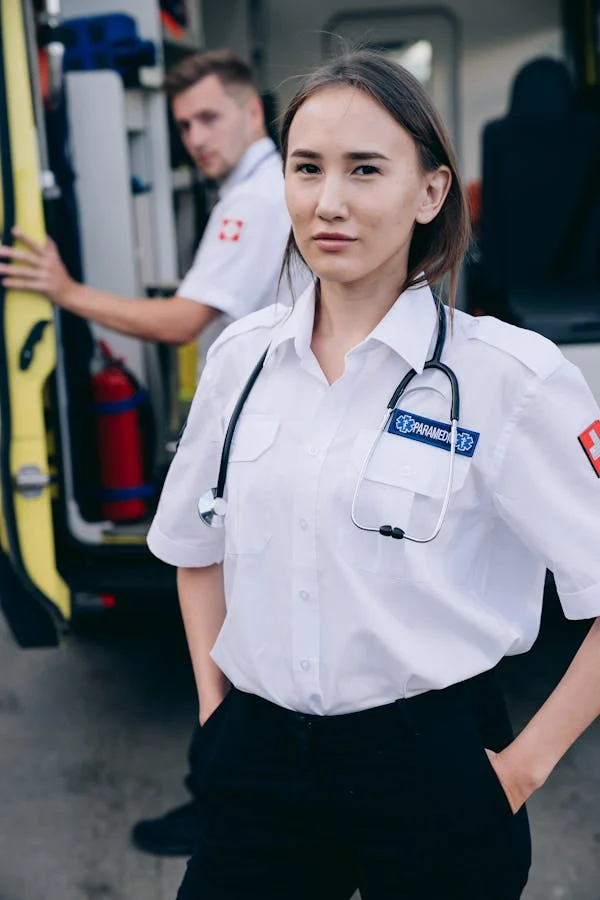Necessary Training for Event Medical Staff
Event medical staff play a key role in keeping attendees safe during gatherings of any size. They must be trained to handle various medical situations, ranging from minor injuries to life-threatening emergencies. Depending on the event type, these professionals need to adapt their skills to match the specific environment and risks. If you need reliable services, check out MedX for on site medical options for your upcoming event. Proper training prepares medical staff to maintain a safe and secure environment, regardless of the event’s size or location. First Aid and CPR Certification Basic CPR Skills CPR is a fundamental skill for all event medical staff. They learn how to provide chest compressions and rescue breaths during emergencies like cardiac arrest. Immediate CPR can help maintain blood circulation until advanced medical help arrives. Event medical personnel also receive training on using automated external defibrillators (AEDs), which help restore a normal heart rhythm in critical situations. These life-saving skills are crucial for responding effectively in emergencies, no matter the size or type of event. Common First Aid Techniques Event medical staff are trained in basic first aid techniques to manage injuries and minor health issues. This includes treating cuts, burns, sprains, and fractures. Staff are also prepared to handle allergic reactions or other sudden health problems. Their role is to assess the severity of an injury and provide immediate care, allowing attendees to remain safe and comfortable. These skills help ensure quick responses to common issues that can occur during events. EMT and Advanced Medical Training Trauma Response Event medical staff with EMT certification are trained to handle trauma situations. This includes managing severe injuries like broken bones, deep cuts, and head injuries. EMTs know how to stabilize patients and provide urgent care while waiting for hospital transport. They are prepared to control bleeding, manage shock, and offer pain relief when needed. At large events, like concerts or sports games, where accidents or emergencies may happen, their quick response is important to minimize further injury. Life-Saving Procedures Event medical personnel with advanced training are skilled in performing life-saving procedures. This includes managing airways, administering oxygen, and providing advanced cardiac care. In critical cases like heart attacks or breathing issues, these procedures can make a real difference. The staff are trained to respond calmly and think quickly during emergencies, making sure attendees receive the immediate care needed. Their training prepares them to act fast in intense situations, offering critical support until more help arrives. Addressing Event-Specific Risks Outdoor Event Medical Concerns Outdoor events can bring health risks that require special attention from medical staff. High temperatures can lead to dehydration and heat exhaustion. Event medical teams need to act quickly, providing fluids and shaded areas to cool attendees. In colder weather, concerns such as hypothermia may arise, and medical staff must be ready to treat these issues. The large, open spaces common at outdoor events also create challenges in reaching individuals quickly, which requires careful planning and coordination with event organizers. Handling Large Crowds Large crowds at events can result in health problems such as dehydration, fainting, or injuries due to overcrowding. Event medical teams must be positioned in strategic locations to provide immediate assistance. Proper placement of medical staff throughout the event space reduces response times and allows for faster care. It is also important for medical teams to work closely with event security to address any crowd-related concerns. Planning ahead and understanding the potential risks in crowded environments helps medical teams manage these situations effectively. Effective Communication During Emergencies Coordinating with Event Staff Communication between event medical teams and event staff is important for managing emergencies quickly. Medical staff rely on event organizers to notify them of any issues as they happen. Clear communication helps medical teams respond without delay and be aware of any possible risks at the venue. Event staff can assist by guiding medical teams to the right spot or managing crowd movement. Setting up strong communication ensures that any emergency is handled as efficiently as possible. Collaborating with Local Medical Team Cooperation with local medical teams is necessary when severe emergencies occur. Event medical staff must stay in contact with nearby hospitals or emergency services to arrange quick transfers if needed. Direct communication with local teams helps create a smooth process when additional care is required. This is especially important during large events where more serious medical issues may happen. By staying connected with local medical providers, event staff can offer better care for attendees. Ongoing Education for Medical Teams Staying Updated on Procedures Medical teams regularly attend training to stay informed about changes in procedures and emergency care techniques. It is important for them to refresh their skills and learn how to use updated equipment. New medical methods are introduced to improve the care provided at events. By staying current, teams can handle different emergencies more effectively. Regular training helps them respond quickly and confidently, making sure they are prepared for any situation they may encounter during events. Recertification Requirements Medical staff must renew their certifications to keep their qualifications up to date. This process includes taking refresher courses and completing exams to show that they are fully prepared to handle emergency situations. Certifications like CPR and trauma care require renewal at specific intervals to confirm that staff remain competent in their roles. By meeting these recertification requirements, medical teams are ready to provide the necessary care at events, keeping attendees safe with the most accurate training and skills. Why Proper Training Matters for Event Medical Staff The safety of an event often relies on the medical team’s ability to respond quickly and effectively. Their training prepares them to handle a wide range of emergencies and adapt to different environments. Continuous education keeps their skills up to date, so they’re always prepared for new challenges. Well-trained teams provide peace of mind for organizers and attendees alike, knowing that professionals are ready to step in when needed.
Necessary Training for Event Medical Staff Read More »




